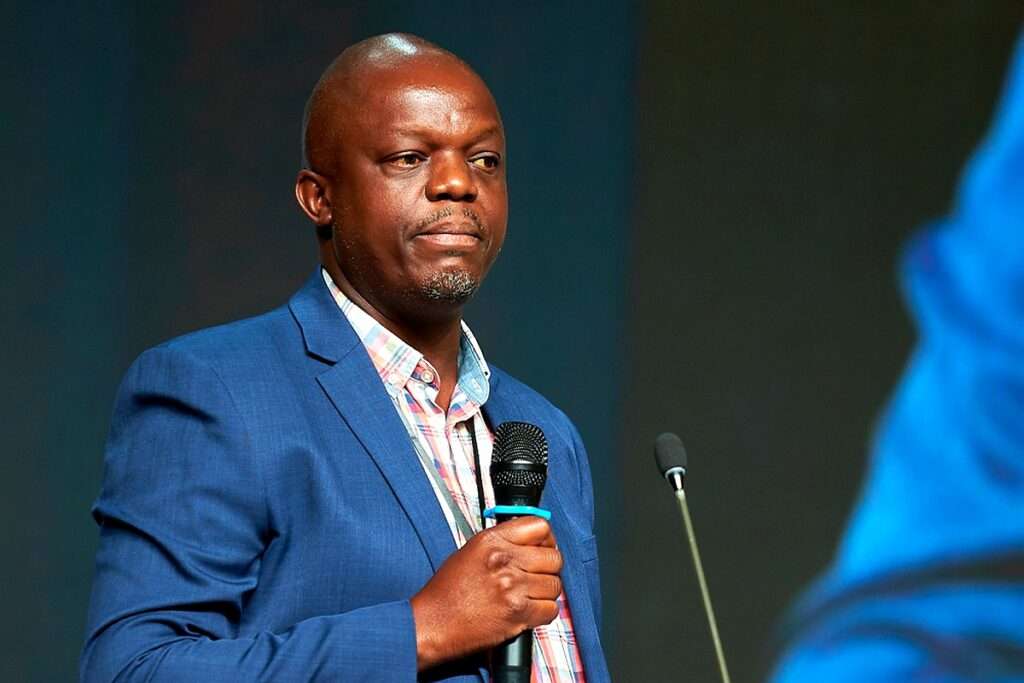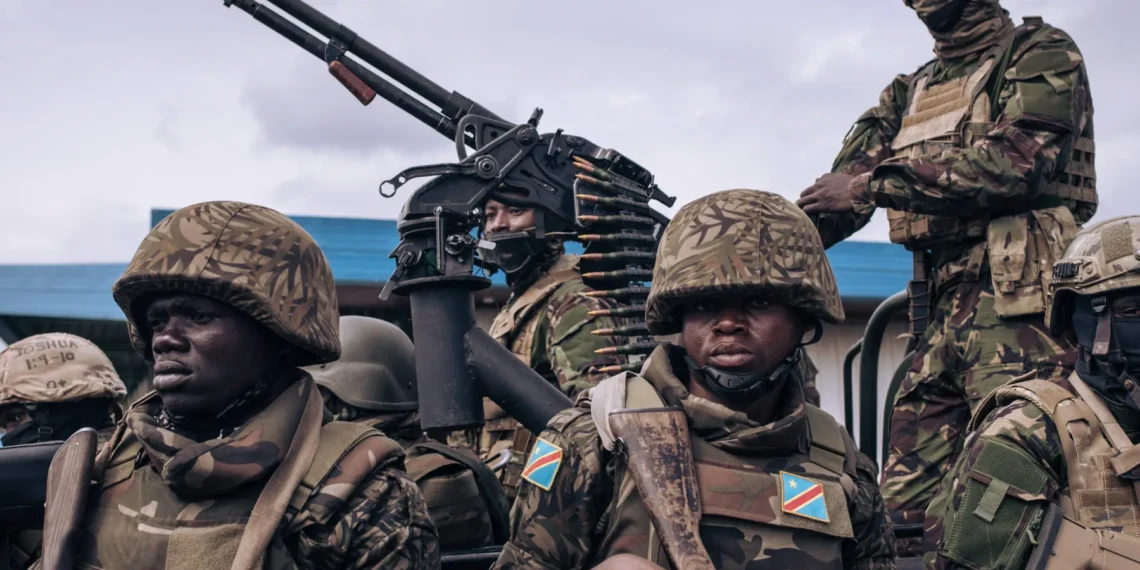M23 rebels operating in eastern Democratic Republic of the Congo (DRC) have been accused of grave human rights abuses, including killings, torture, and enforced disappearances, according to a fresh report by Amnesty International.
The UK-based rights organization said the abuses occurred in territory under the control of the M23, a group the United Nations and the Congolese government say is backed by Rwanda. In a statement released Tuesday, Amnesty warned that “these acts violate international humanitarian law and may amount to war crimes.”
Between February and April, Amnesty International conducted interviews with 18 former detainees held by M23 in both Goma and Bukavu. According to the report, many were arrested over unsubstantiated claims that they supported the Congolese military or government. In several cases, detainees were not even informed of the reason for their detention.
The rights group documented severe mistreatment and appalling detention conditions. Former prisoners recounted being confined in cramped, filthy cells with insufficient food, water, sanitation, and medical care. Some said fellow detainees died due to untreated illnesses or succumbed to injuries from torture. Witnesses recalled horrifying scenes, including two men being beaten to death with hammers and another shot without warning.
Amnesty stated that all the former detainees had either endured torture themselves or witnessed others being brutalized with engine belts, wooden rods, or electric cables. Family members searching for loved ones were often met with silence or denial by M23 fighters, who refused to confirm the detainees’ whereabouts, tactics Amnesty classified as enforced disappearances.
Civilians Tortured, Killed In Captivity
Tigere Chagutah, Amnesty’s regional director for East and Southern Africa, said the group’s actions expose the duplicity behind their public rhetoric.
“M23’s public statements about bringing order to eastern DRC mask their horrific treatment of detainees. They brutally punish those who they believe oppose them and intimidate others, so no one dares to challenge them.”
Tigere Chagutah

Chagutah also called on regional and global powers to hold Rwanda accountable. “Regional and international actors must pressure Rwanda to cease its support for M23,” he urged.
Rwanda has repeatedly denied backing M23, but the United Nations and Congolese authorities maintain that Kigali has supplied weapons and deployed troops to assist the rebels. UN estimates suggest around 4,000 Rwandan soldiers are operating in support of M23 forces.
Eastern DRC is home to an estimated 100 armed groups vying for influence in a region flush with valuable minerals. The ongoing conflict has forced more than seven million people from their homes, the highest displacement crisis in Africa. In 2025 alone, 100,000 individuals were newly displaced by the fighting.
Despite claims from both the Congolese military and M23 that they are open to negotiations, combat operations have persisted. M23 previously issued threats to push their offensive as far west as Kinshasa, the DRC’s capital, located over 1,600 kilometers away.
A tentative diplomatic breakthrough occurred in April when Rwanda and the DRC agreed to work toward a peace agreement. The framework, aimed at easing tensions, included commitments to recognize each other’s sovereignty and refrain from providing arms or support to rebel factions. Both sides pledged to finalize a deal by May 2, but as violence continues on the ground, hopes for peace remain fragile.
The situation in eastern Congo remains one of Africa’s most volatile and underreported crises. As calls mount for accountability, Amnesty’s report adds further pressure on international actors to intervene more decisively in ending the violence.
READ ALSO: Peter Okoye on the Price of Fame



















